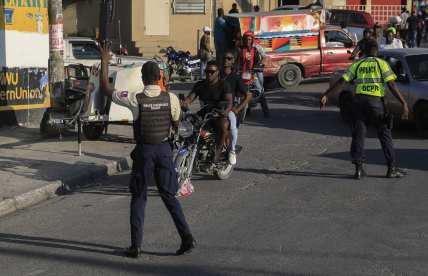Advocates demand U.S. and allies stand up for Haiti amid crisis
As millions celebrate observances like Haitian Flag Day, Haitians struggle to reconcile their national pride and the devastation that has plagued the Caribbean nation.
Thousands of Haitians are seeking refuge in the United States as they continue to flee violence and hunger in their native country amid political and economic instability.
The United States government has supported migrants amid the crisis in Haiti, including extending to them Temporary Protection Status through August 2024 and including them in a parole program — along with Cubans, Nicaraguans and Venezuelans — that allows up to 30,000 individuals into the U.S. each month.
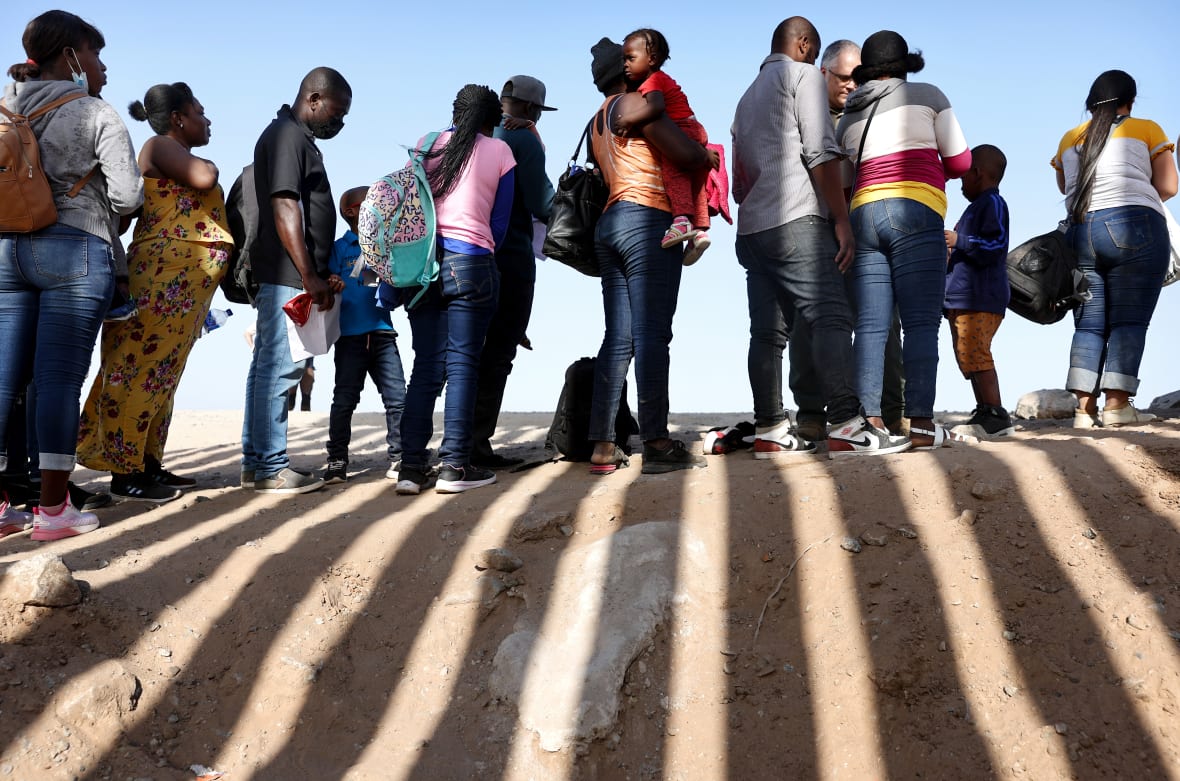
But advocates for Haiti and other Black migrants say the U.S. and the international community can do more to support Haiti beyond welcoming Haitians into its borders, including addressing centuries of neglect and oppression.
“There’s got to be a clear commitment from the United States government to educate the American people about the history, the relevance and the importance of Haiti,” Joseph Tolton, founder and president of the Pan-African advocacy group Interconnected Justice, told theGrio.
“We’ve responded to Ukraine because our leaders have brought us along by educating us about why this is so important to America’s personal national security and keeping it a global order. We have not done that with Haiti.”
In 1804, Haiti became the first nation to successfully gain independence through a slave revolt after defeating France, which had a dominant military force. Haiti’s independence is celebrated today by Haitians and Black people around the globe as a success story of Black liberation. Despite that history, which is a source of pride for Haitians, many today are horrified by the current state of the country.
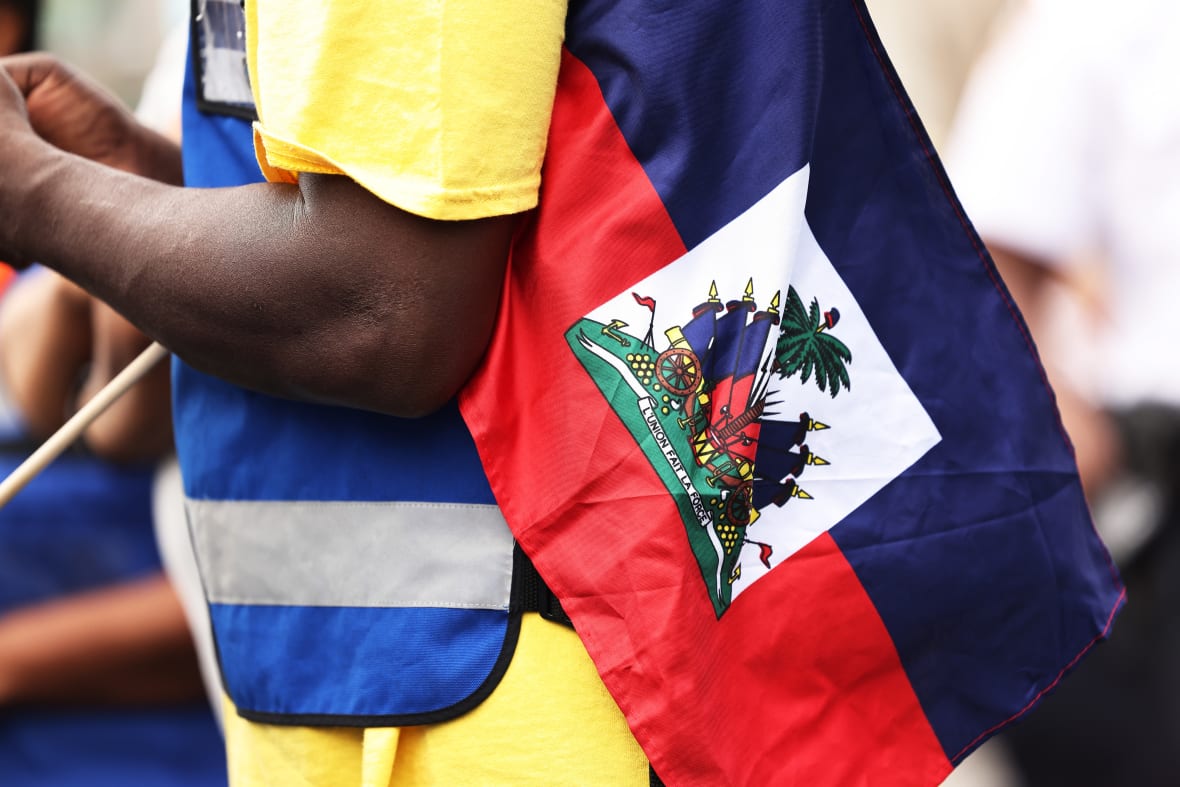
Though Haiti has endured political and economic instability since it gained its independence more than two centuries ago, in recent years, it experienced a series of crises, including the assassination of its president in July 2021, a deadly earthquake a month later, and a rise of gang violence and other crimes. To date, the country remains without a functioning government and a rising malnutrition crisis due to food scarcity.
Violence in Haiti recently intensified as vigilante groups are now killing gang members as retaliation.
“This is a dangerous course for the nation,” said Tolton, who said inaction from the United States and its allies “sets a terrible precedent” and can spill over internationally. He said America must also stop the flow of guns from the U.S. to Haiti.
At this point, he said, there has to be a “physical intervention” on the ground in Haiti. Tolton warned the country is “very close to being a failed state.”
Guerline Jozef, a Haiti-born advocate, said that even as millions celebrate observances like Haitian Flag Day, she and others struggle to reconcile their national pride and the devastation that has plagued the Caribbean nation.
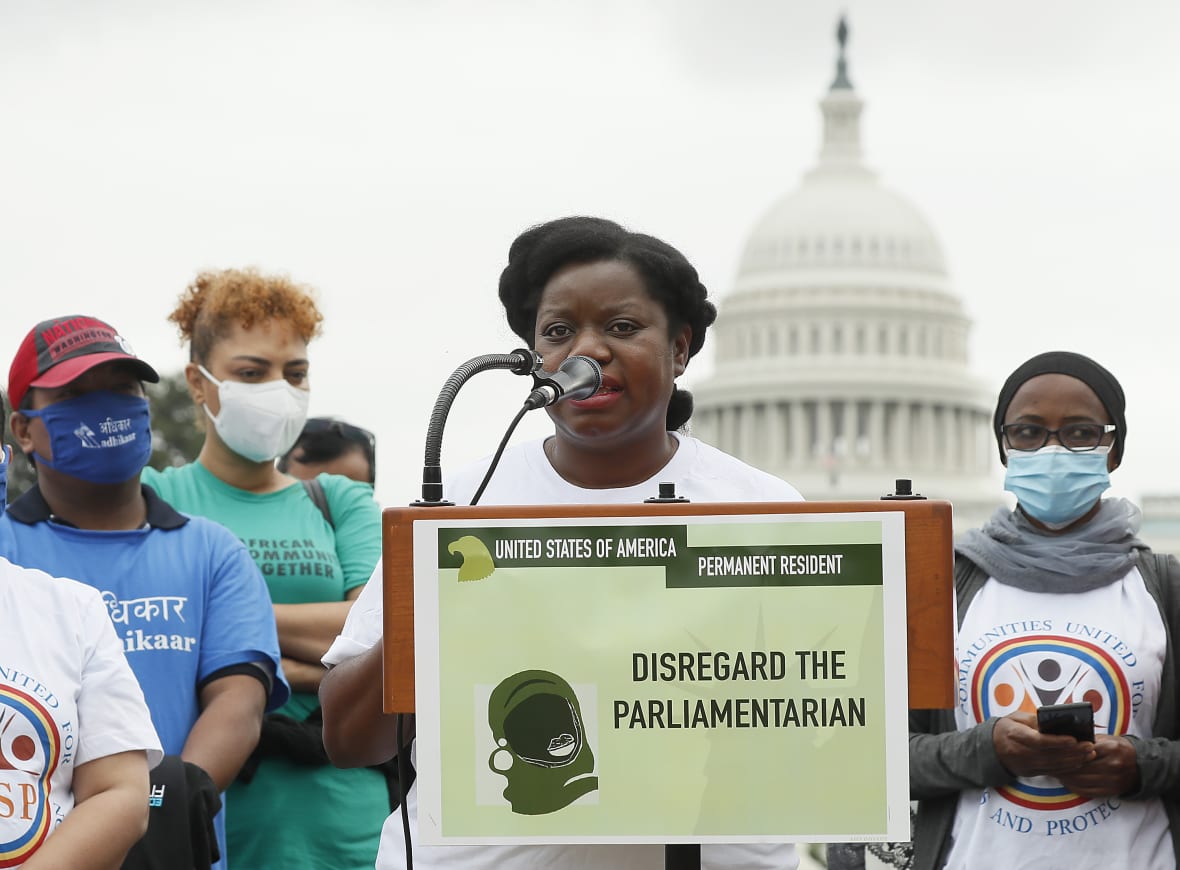
“My heart is in pain,” the executive director of Haitian Bridge Alliance told theGrio.
Due to the economic turmoil Haiti endured as a result of owing a debt to its colonizer, France, and the United States’ refusal to recognize Haiti’s independence for nearly six decades, advocates say the U.S. and nations around the world have an obligation to work together to rebuild Haiti. Not doing so, they say, comes with a great consequence to the world order.
“Haiti’s at the very center of the Caribbean, at the very center of the Americas,” noted Jozef. “Where Haiti’s located is critical to not only the hemisphere but the entire world.”
The United States and other world powers, she said, should view Haiti as a real partner, particularly an economic partner, and not as a “charity case.”
While Jozef and other advocates welcome policies that allow more Haitians to seek refuge in the United States, they want to see other actions like addressing the root causes of Haiti’s migration and helping rebuild its infrastructure.
“Haiti is unable to feed herself because the agriculture has been destroyed mainly by the United States, starting with rice and other crops,” explained Jozef.
She said Haiti also needs support in building a strong health care system, including hospitals, and improving its education system so that Haiti’s children “don’t have to get into gangs” and can instead embark on a path of obtaining good jobs.
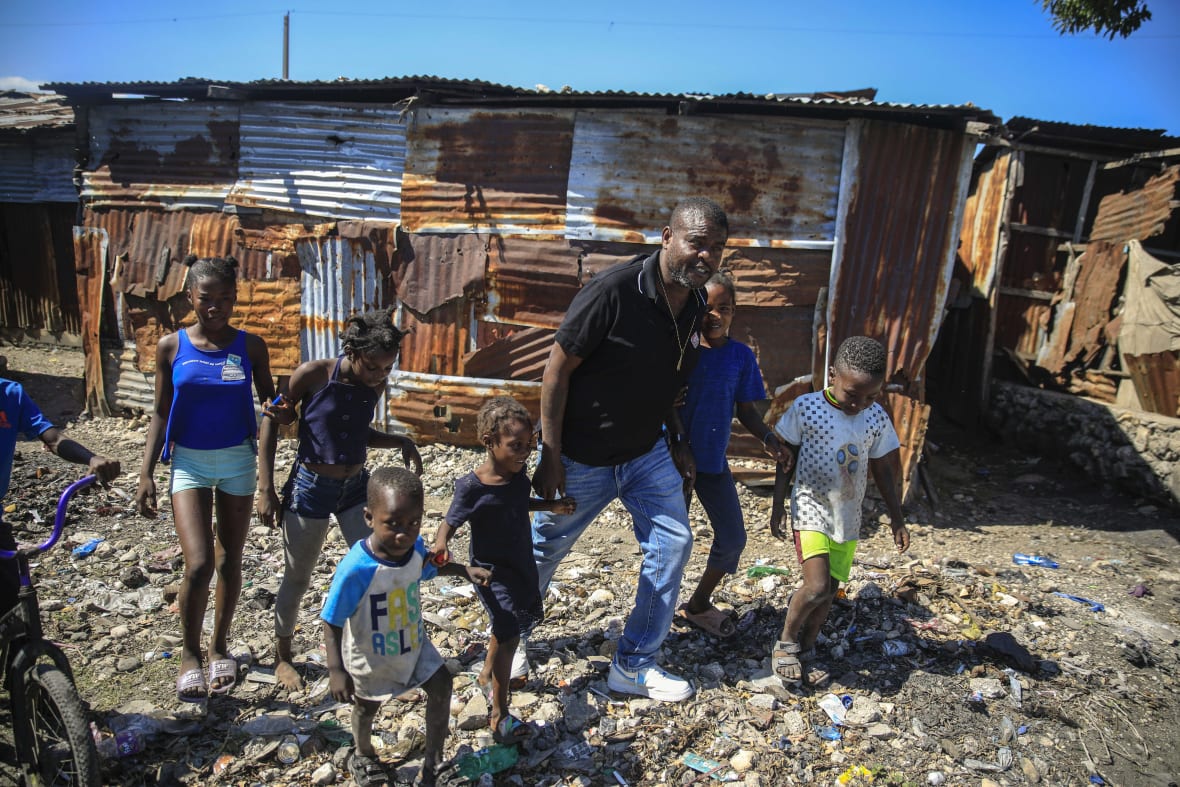
Tolton said continuing to educate the world about the history of Haiti and how its current crisis came to be is crucial to its survival and potential to someday thrive. He said a resolution introduced by U.S. Reps. Yvette Clarke and Ritchie Torres sought to uplift that history is a “good starting point.” Eventually, he said, there needs to be a “reparations model” established for Haiti.
Jozef said in a perfect world there would not be a need for Haitians to flood the U.S.-Mexico border for refuge.
“My dream is that my people will be able to be safe at home and thrive at home, so they won’t have to make this dangerous journey to come and beg for protection and beg for asylum from any other country,” she said. “That is not what my ancestors fought and died for.”
Reflecting on the colors and intentionality of the design of Haiti’s flag, Tolton said, “Red [was] the price that they had paid with their blood to be free, and blue was created because that was the mixture of both Blacks and mulattos, who fought together against the colonizer.”
Jozef, also reflecting on the Haitian flag, said, “[It] represents freedom, resilience” for Haitians and Black people around the globe, adding, “With that win and with that flag, we have declared that we, as Black people, will no longer be enslaved.”
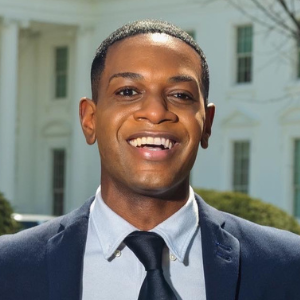
Gerren Keith Gaynor is a White House Correspondent and the Managing Editor of Politics at theGrio. He is based in Washington, D.C.
TheGrio is FREE on your TV via Apple TV, Amazon Fire, Roku and Android TV. Also, please download theGrio mobile apps today!
